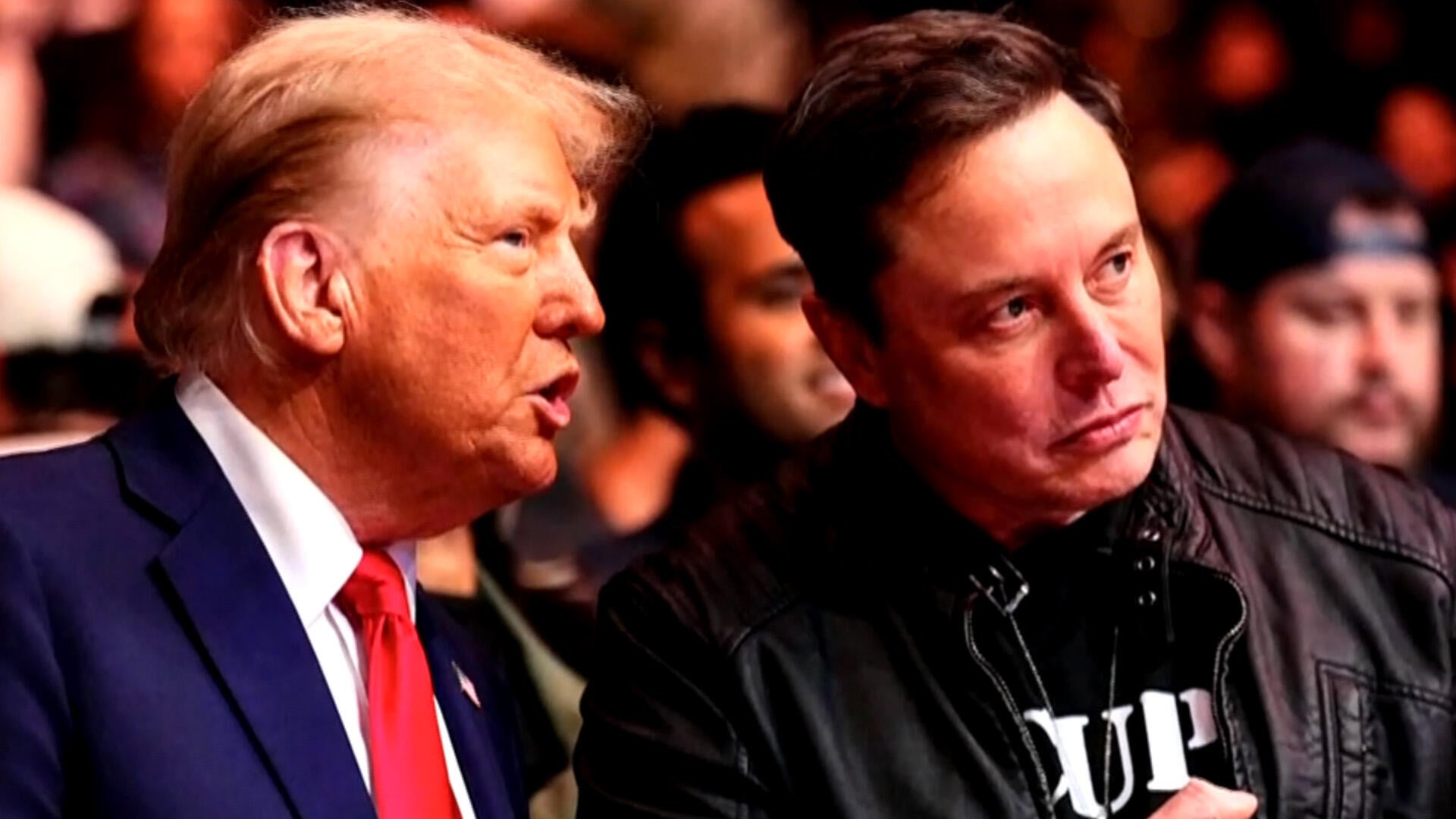
Source: foxnews.com
Image content: The image shows five men seated at a conference table, engaged in a serious discussion with microphones, documents, and water bottles in front of them. The table panels are decorated with colorful drawings, and large windows behind them reveal leafy greenery outside.
Summary
A high-stakes diplomatic moment unfolded as German Chancellor Friedrich Merz met President Trump to defuse transatlantic trade frictions and secure support for Ukraine amid widening debates over NATO burden-sharing and Europe’s strategic autonomy. Merz sought relief from U.S. tariffs while highlighting Germany’s increased defense spending, positioning it as leverage for deeper coordination on Ukraine and European-led peace efforts. Trump’s ambivalence toward intervention in Ukraine contrasted with European appeals for a united front, even as Washington stands to benefit economically from NATO’s push toward higher defense outlays. Meanwhile, EU leaders tout strategic autonomy to reduce reliance on the U.S., China, and Russia, but face significant hurdles in aligning policies, building industrial capacity, and converting rhetoric into tangible capabilities.
Key Points
- Merz presses Trump for tariff relief and stronger Ukraine support while showcasing Germany’s higher defense spending.
- Trump signals reluctance to intervene decisively in Ukraine, clashing with Europe’s stance on bolstering Kyiv.
- NATO’s proposed higher spending targets would largely benefit U.S. defense firms absent rapid European industrial scaling.
- EU leaders advocate strategic autonomy across defense, tech, and supply chains but struggle to implement it coherently.
- Europe seeks balance: cooperation with the U.S. alongside reduced dependencies on major powers.